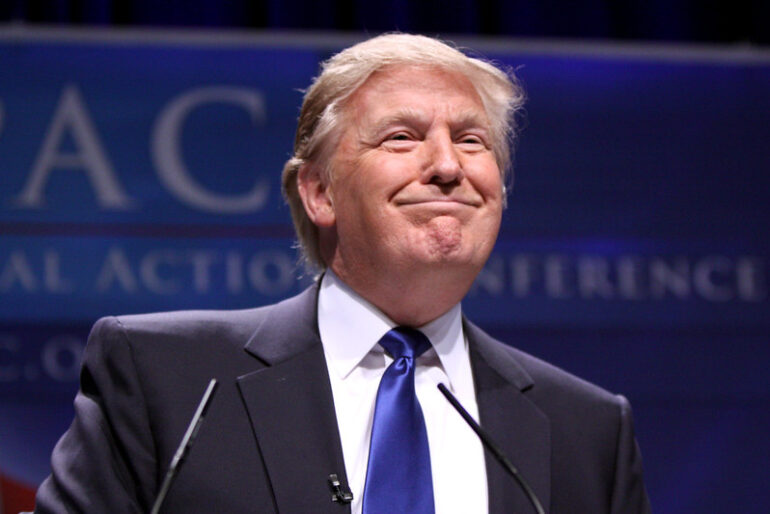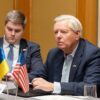In an impromptu press conference on the White House lawn, President Donald Trump reportedly discussed the escalating conflict between Israel and Iran, revealing that he had recently turned down an offer from Russian President Vladimir Putin to facilitate negotiations.
Trump’s remarks, delivered following a visit with construction workers, highlighted his administration’s approach to the complex geopolitical situation.
“I mean, they’re totally defenseless,” Trump stated, referring to Iran’s military capabilities and asserting that the United States has achieved dominance over Iranian airspace. His comments reflect a broader narrative of U.S. superiority in the region amid ongoing tensions.
Responding to a question about his relationship with the Iranian people, Trump expressed a degree of empathy, acknowledging the struggles faced by many Iranians.
“I know a lot of people from Iran, from New York, from Washington, mostly from New York,” he said. “They are incredible people. They’re smart, they’re energetic… but they’re getting the hell beat out of them now.”
Transitioning to the topic of his conversation with Putin, Trump recounted how the Russian leader had offered to mediate in the Israel-Iran conflict.
Trump’s response was dismissive: “Do me a favor. Mediate your own. Let’s mediate Russia first, OK?” This comment underscores Trump’s prioritization of U.S. interests and his skepticism toward outside mediation in the Middle East.
During the press conference, Trump also touched on the concept of “unconditional surrender,” a term he has used in relation to Iran’s nuclear ambitions.
He defined it simply: “I’ve had it. Okay, I give up, no more.” He reiterated that Iran’s history of hostility toward the U.S. and Israel cannot be ignored, asserting that the nation has long been a threat.
“Nothing’s finished until it’s finished,” Trump said, acknowledging the complexities of war and the potential for unforeseen developments.
He characterized Iran as a “bully” and emphasized that the U.S. would not allow a hostile nation to possess nuclear weapons capable of devastating regional and global consequences.
As the situation continues to unfold, Trump’s comments reflect a mix of bravado and caution, revealing the administration’s strategy in navigating the volatile landscape of Middle Eastern politics.
With tensions running high, the implications of these remarks could resonate far beyond the immediate conflict, shaping U.S. foreign policy for years to come.
[READ MORE: CNN Anchor Stranded in Israel Amidst Iran War]





